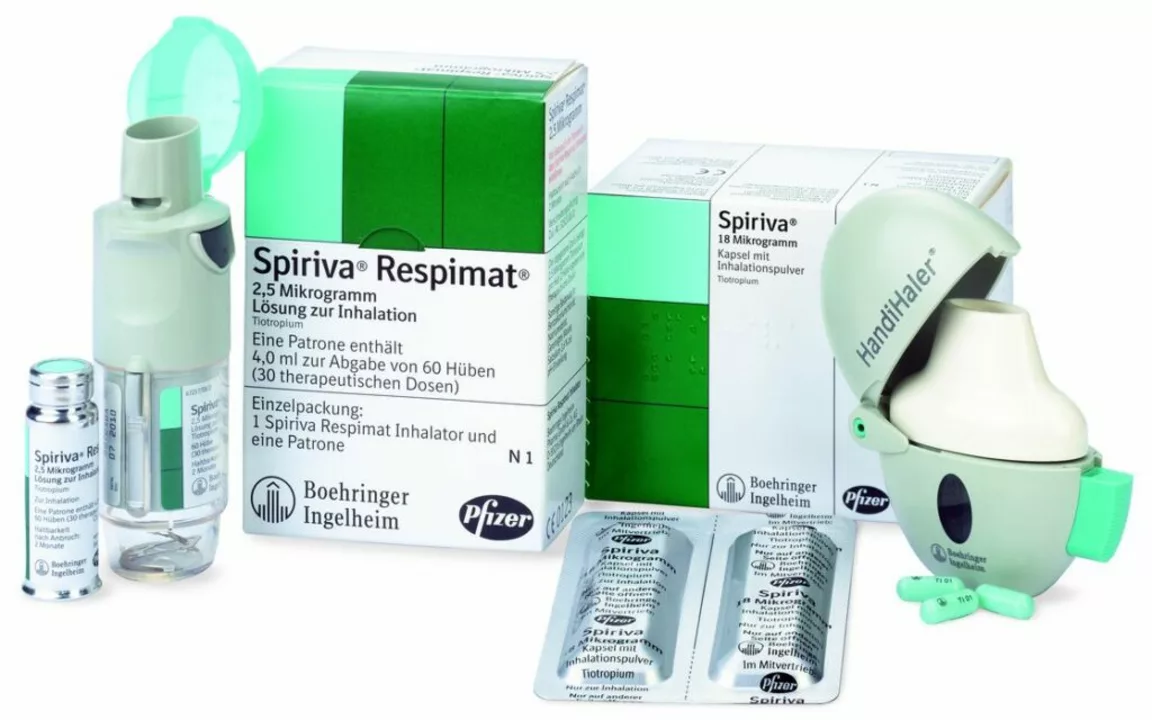Microbiome Basics: Why Your Gut Bugs Matter
Ever wonder why doctors keep talking about “good bacteria” in your belly? That’s the microbiome – trillions of tiny organisms living mostly in your intestines. They help break down food, train your immune system, and even affect mood.
What Is the Microbiome?
The microbiome is a community of bacteria, fungi, and viruses that call your gut home. Each person’s mix is unique, shaped by diet, environment, antibiotics, and stress. When the balance stays steady, you get smooth digestion, strong defenses against infections, and better nutrient absorption.
Problems pop up when the mix gets knocked off‑balance – a state called dysbiosis. Dysbiosis can show up as bloating, irregular stools, cravings, or even skin flare‑ups. It’s also linked to longer‑term issues like obesity, allergies, and mood swings.
Easy Ways to Support a Healthy Microbiome
Good news: you can nurture your gut bugs with everyday choices. Start by adding more fiber-rich foods – think oats, beans, berries, and leafy greens. Fiber feeds the friendly bacteria and encourages them to grow.
Fermented foods are another shortcut. A spoonful of yogurt, a sip of kefir, or a bite of kimchi delivers live cultures straight to your gut. If you’re not into strong flavors, a daily probiotic capsule can fill the gap.
Avoid overusing antibiotics unless they’re truly needed. Antibiotics kill harmful bugs but also wipe out many helpful ones. When you do need them, ask your doctor about a probiotic plan for after the treatment.
Stress management matters too. Chronic stress releases hormones that can disturb gut bacteria. Simple habits like walking, breathing exercises, or short meditation sessions keep both mind and microbiome calmer.
Stay hydrated. Water helps move food through your system, giving microbes a steady flow of nutrients to work with.
Finally, limit added sugars and ultra‑processed snacks. Those foods feed the bad bacteria that thrive on simple carbs, leading to an imbalance over time.
Putting these tips into practice doesn’t require a complete lifestyle overhaul. Swap one sugary soda for water each day, add a handful of nuts to breakfast, or try a new fermented veggie each week. Small changes add up and give your microbiome the boost it needs.
Keeping an eye on gut health can feel like a mystery, but remembering these basics makes it simple: feed the good bugs with fiber and fermentation, protect them from unnecessary antibiotics, manage stress, and stay hydrated. Your gut will thank you with smoother digestion, stronger immunity, and maybe even a brighter mood.
Got more questions about specific foods or supplements? TheSwissPharmacy.com offers in‑depth articles on probiotics, prebiotic fibers, and how different medications interact with your microbiome. Dive into those resources whenever you’re ready to learn more.
Tiotropium Bromide and the Microbiome: A Guide to Gut Health for COPD Patients
As someone who's been researching COPD treatments, I've discovered that Tiotropium Bromide plays an essential role in managing the condition. I recently came across fascinating information on the connection between Tiotropium Bromide and the microbiome, which is crucial for maintaining gut health. It turns out that a healthy gut microbiome can actually improve COPD symptoms and overall quality of life. By using Tiotropium Bromide, we can help balance our gut bacteria and alleviate COPD symptoms. It's amazing how interconnected our body systems are and how taking care of our gut can positively impact our respiratory health!
read more